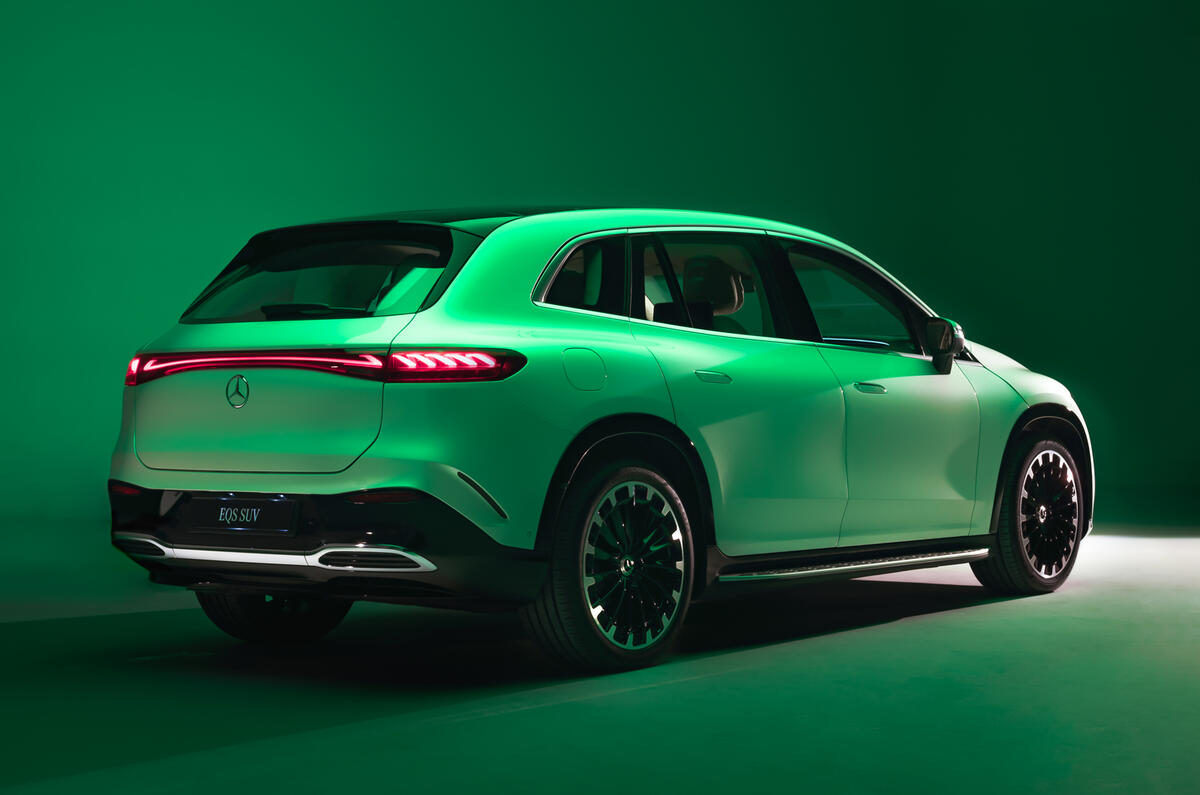Who would have thought we’d be reflecting on the days of two-tonne SUVs as some kind of high water mark in lightweight design?
My tongue is of course firmly in my cheek – but perhaps not wedged as high as my eyebrows were when I read that the upcoming battery-powered Mercedes EQS SUV tips the scales at just over 2.8 tonnes. With large electric SUVs coming from every premium and luxury manufacturer, this may soon become the norm rather than the exception, but should we accept it?




Join the debate
Add your comment
I can't wait for the Alpine A110 EV, but I hope we don't want to relegate largesse, otherwise known as philanthropical generosity, to a fringe interest.